|
Visiting Cochabamba was one of the highlights on our trip to Bolivia. At least it was for me. The city parks and walkways are straight out of a storybook: lovers walk hand-in-hand, bushes are manicured to look like gumdrops, lights illuminate gushing water fountains, and flowers at the foot of leafy trees offer the kind of aromatic shade that entices readers to finish just one more chapter before going back to work. We saw a lot of cityscapes like these as we clicked along in our bus that took us from our inner-city hotel to the neighborhood of Taquiña. The closer we got to our destination, however, the less frequent these parks became. This is because Taquiña is an underserved neighborhood located in the foothills of the snow-capped mountain range that surrounds Cochabamba, the Tunari mountains. Even though this city is one of Bolivia’s largest metropolitan areas, this neighborhood is home to the city’s only Lutheran congregation, Redentor (as least for now, since plans are underway to plant another church on the other side of town). The worship attendance at Redentor averages about 20 people on a Sunday. The congregation doesn’t have a pastor; instead they rely on lay volunteers to sustain the congregation’s worship, programs, funds, and activities. Their small fellowship hall triples as a sanctuary and their only classroom. The volunteers focus most of their energies on their afterschool program. Neighborhood children, often impoverished and burdened with responsibilities beyond their years, come to Redentor to do their homework and practice their writing skills with short pencils and frayed notebooks. Their teacher asks them to copy verses from Bibles that are marked up with pages missing. The children are also fed a healthy snack before they head up to la cancha to play fútbol (soccer). After helping them with their homework, we hiked a mile up cobbled roads, past clusters of modest homes, to reach the rather impressive, city-funded stadium that towers over everything around it. Heading up to and hanging out at La Cancha! The kids immediately established teams. Boys against girls! Age didn’t matter, although the 3 to 4- year-olds were more often found playing “kitchen” with discarded trinkets and sparkly garbage wrappers on the sidelines. We rotated out, the winning team gaining privileges to stay on the court until they lost again. What a fun-filled afternoon it was! First of all, these kids are fierce when it comes to fútbol, and I’m talking both the boys and the girls. Per usual in Central and South American countries, fútbol is a BIG deal--their love for the sport being “the great equalizer” among nations. Secondly, we played our hearts out that afternoon. We stood bent over, out of breath, and pink in the face whenever we could spare a moment to rest. We became immediate friends. When it was the girls’ turn to sit out, the kids would ask me with huge grins on their faces to say certain words in English. We’d laugh and joke and they’d poke fun at my accent when I spoke back to them in Spanish. Suffice it to say, these kids made my short time in Cochabamba really special. They offered us so much hope--not because they’re possible or future members of the IELB, per se. Rather, they are what motivates and inspires the people of Redentor to continue doing God’s good work in the world. Despite struggles and minimal resources, Redentor is making their community and their world a better place. I hope their story and their efforts work to remind us that we don’t need big buildings or a lot of resources to do meaningful ministry. Instead, with the Spirit’s help, the work of God in Christ is being carried out whenever our hearts and hands connect in love and service.
--Pastor Stacey Siebrasse
1 Comment
Barbara Lafrantz
5/5/2016 07:33:54 am
I enjoyed your article. It made me feel like I had been there too. The descriptions brought it alive! Makes one realize that we should count our blessings and be happy with what we have as we have so much.
Reply
Leave a Reply. |
2015 Montana Synod Bolivia Trip
Archives
May 2016
Categories |
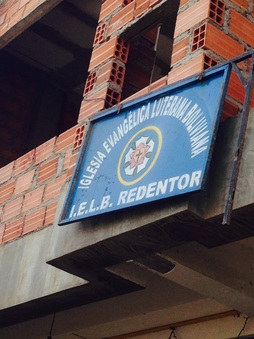
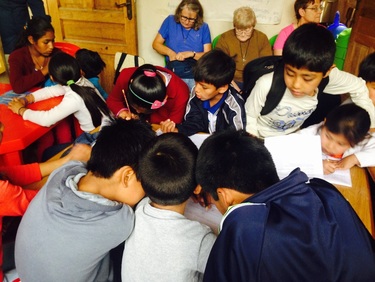
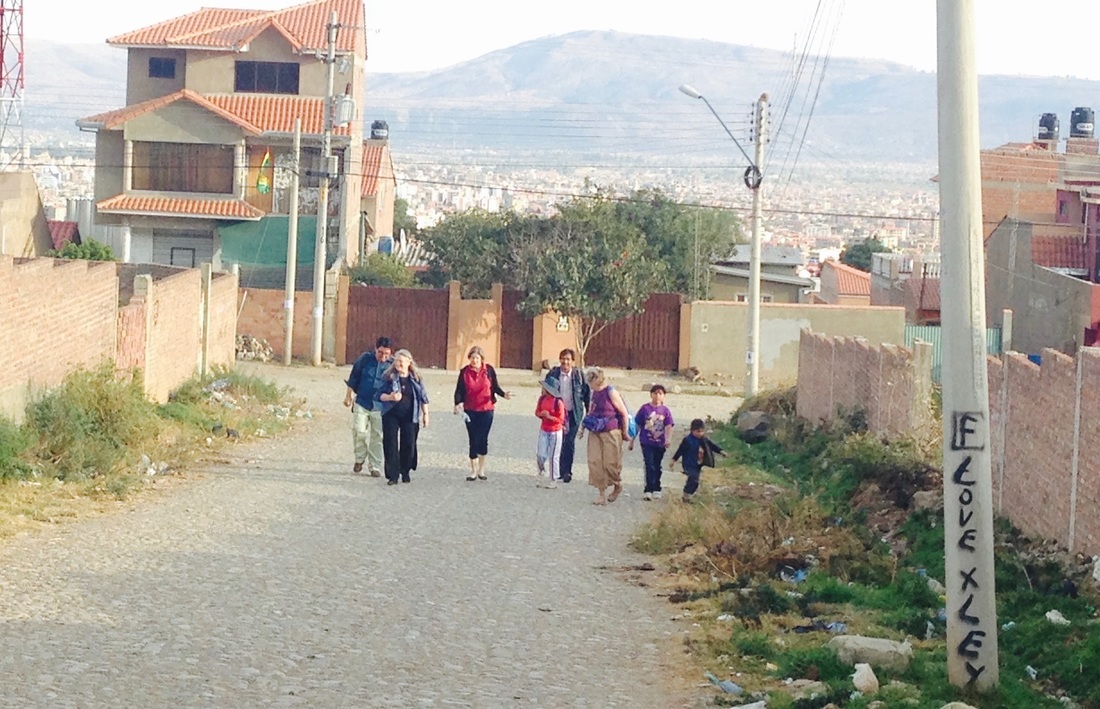
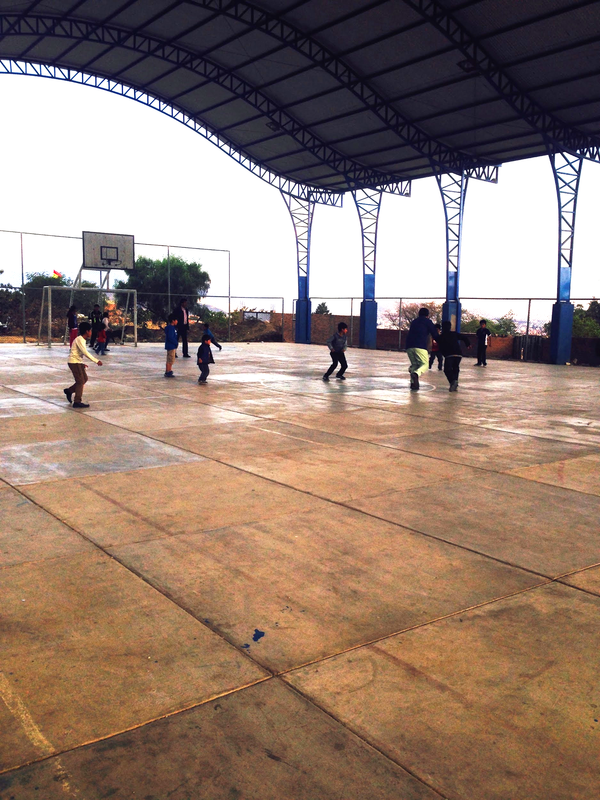
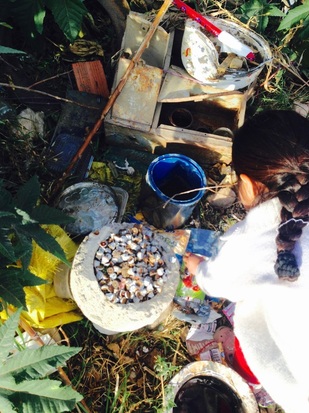
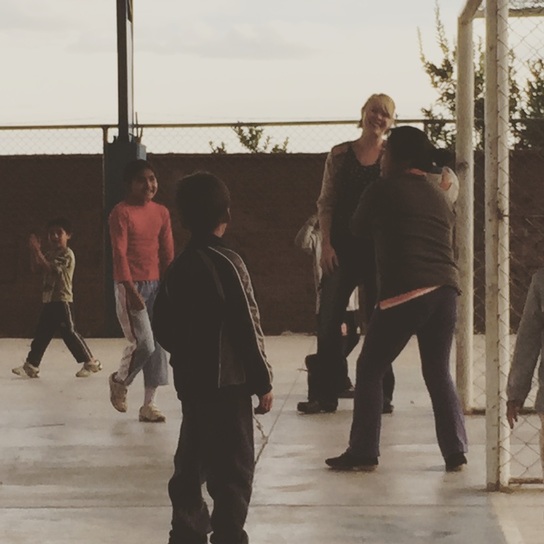
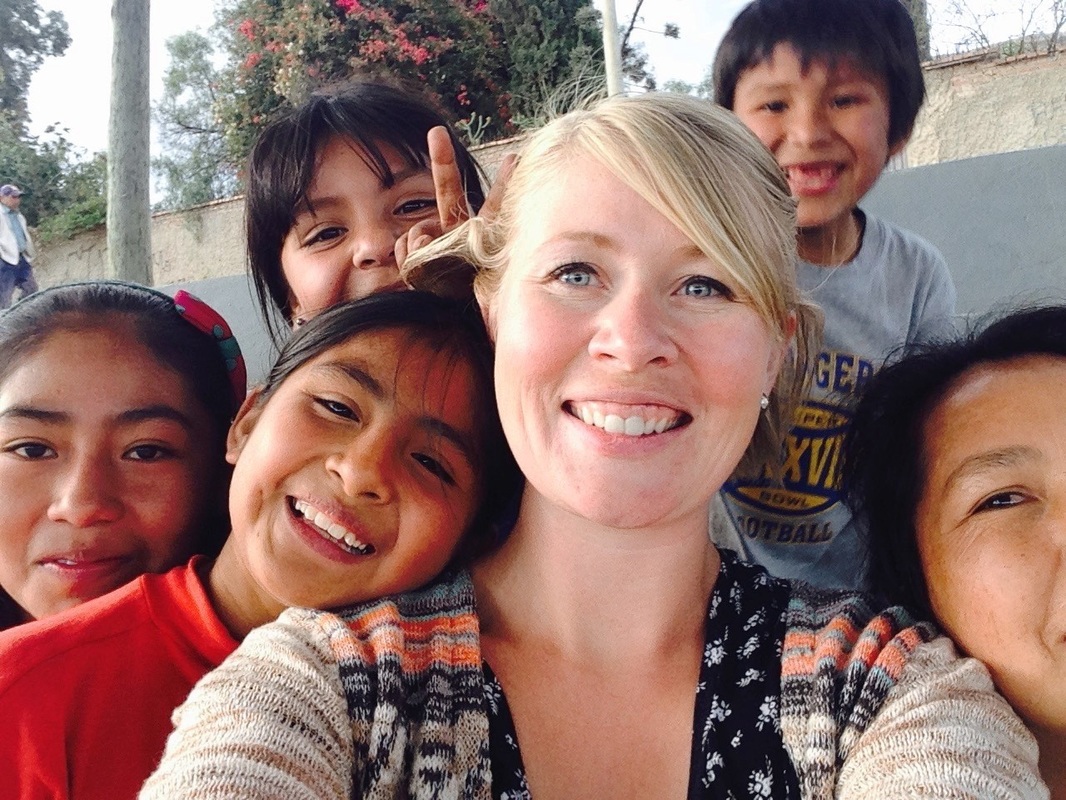
 RSS Feed
RSS Feed